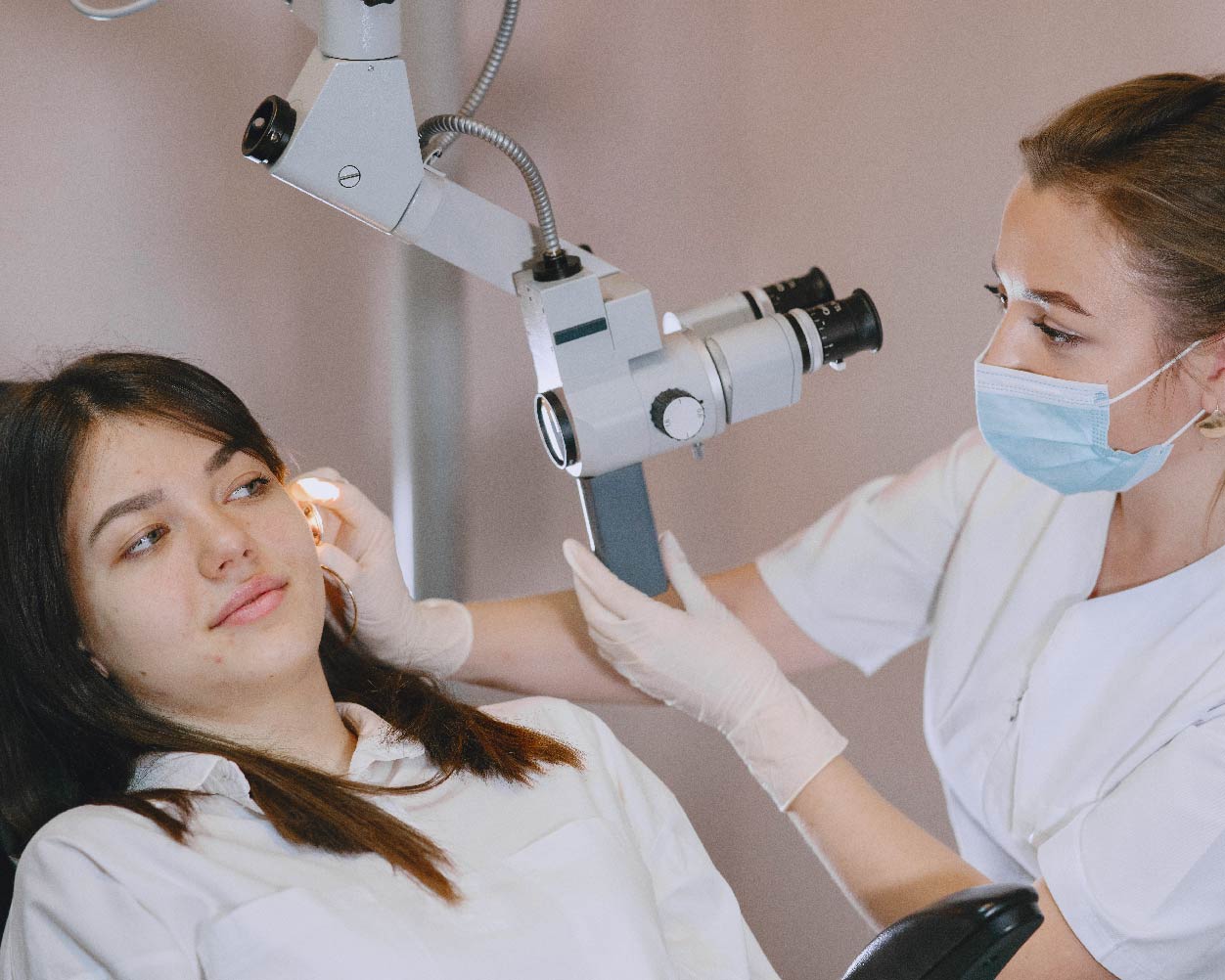Jan, 09 2023
AI-Supported Dermatology: A New Approach to Early Skin Cancer Detection
Skin cancer is the most common type of cancer, and early detection is key to successful treatment. Traditional methods of skin cancer detection, such as visual inspection by a dermatologist, can be time-consuming and may not always result in an accurate diagnosis.
However, recent advances in artificial intelligence (AI) are now making it possible to detect skin cancer at an early stage with greater accuracy and efficiency. AI-supported dermatology uses machine learning algorithms to analyze images of skin lesions and identify potential signs of cancer.

At Amatis, we have developed a range of AI-powered diagnosis tools for tele-dermatology, including our AI algorithm for the classification and segmentation of skin lesions. Our computer-aided diagnosis (CAD) system uses algorithms to analyze images of skin lesions and compare them to a database of images of known skin cancers. The system then provides a probability score indicating the likelihood that the lesion is cancerous.
We have also developed dermoscopes, handheld devices that use specialized lighting and high-resolution cameras to capture images of skin lesions. These images can then be analyzed by our AI algorithms to identify potential signs of cancer.
AI-supported dermatology has several potential benefits. It can help dermatologists make more accurate diagnoses, particularly in cases where the appearance of a skin lesion is not clearly indicative of cancer. It can also help reduce the number of unnecessary biopsies, as AI algorithms can often identify benign lesions that do not require further testing.
At Amatis, we are committed to improving access to dermatological care, especially in underserved or rural areas where dermatologists may not be readily available. With our AI-supported systems, non-specialist healthcare providers can more easily and accurately identify potential skin cancers and refer patients to specialists as needed.
Overall, AI-supported dermatology has the potential to revolutionize the way skin cancer is detected and treated. By providing more accurate and efficient diagnoses, it can help ensure that individuals with skin cancer receive timely and appropriate treatment, leading to better outcomes and higher survival rates.
Stay up to date with the latest on healthcare, fintech, logistics and e-commerce news.